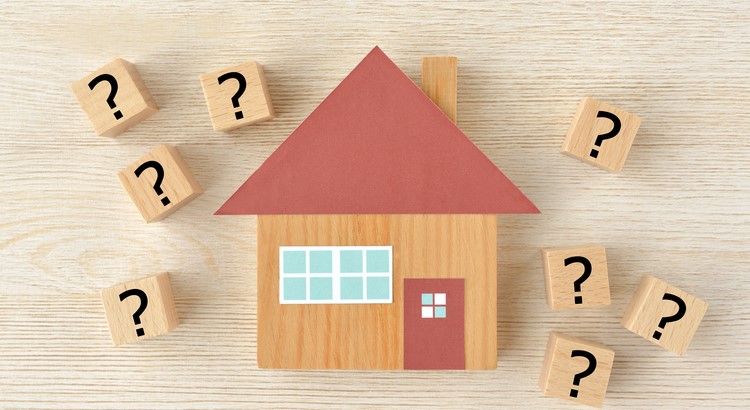If you want to buy a home, you should know your credit score is a critical piece of the puzzle when it comes to qualifying for a mortgage. Lenders review your credit to see if you typically make timely payments, pay back debts, and more. Your credit score can also help determine your mortgage rate. An article from U.S. Bank explains:
“A credit score isn’t the only deciding factor on your mortgage application, but it’s a significant one. So, when you’re house shopping, it’s important to know where your credit stands and how to use it to get the best mortgage rate possible.”
That means your credit score may feel even more critical to your homebuying plans since mortgage rates are a critical factor in affordability. According to the Federal Reserve Bank of New York, the median credit score in the U.S. for those taking out a mortgage is 770. But that doesn’t mean your credit score has to be perfect. The same article from U.S. Bank explains:
“Your credit score (commonly called a FICO Score) can range from 300 at the low end to 850 at the high end. A score of 740 or above is generally considered very good, but you don’t need that score or above to buy a home.”
Working with a trusted lender is the best way to get more information on how your credit score could factor into your home loan and the mortgage rate you can get. As FICO says:
“While many lenders use credit scores like FICO Scores to help them make lending decisions, each lender has its own strategy, including the level of risk it finds acceptable. There is no single “cutoff score” used by all lenders and there are many additional factors that lenders may use to determine your actual interest rates.”
If you’re looking for ways to improve your score, Experian highlights some things you may want to focus on:
- Your Payment History: Late payments can have a negative impact by dropping your score. Focus on making payments on time and paying any existing late charges quickly.
- Your Debt Amount (relative to your credit limits): Regarding your available credit amount, the less you use, the better. Focus on keeping this number as low as possible.
- Credit Applications: Don’t apply for additional credit if you want to buy something. When you apply for new credit, it could result in a hard inquiry on your credit that drops your score.
Bottom Line
Finding ways to make your credit score better could help you get a lower mortgage rate. If you want to learn more, talk to a trusted lender.








4 responses to “Mastering Credit Scores for Home Buying Success”
I’m still learning from you, as I’m trying to reach my goals. I certainly liked reading everything that is written on your website.Keep the aarticles coming. I loved it!
Hello there, just became alert to your blog through Google, and found that it’s truly informative. I抦 going to be careful for brussels. I will be grateful if you happen to proceed this in future. Lots of other folks might be benefited from your writing. Cheers!
In line with my study, after a foreclosed home is bought at a sale, it is common with the borrower in order to still have a remaining balance on the bank loan. There are many loan companies who seek to have all costs and liens repaid by the subsequent buyer. Even so, depending on specified programs, rules, and state guidelines there may be a few loans which are not easily fixed through the shift of loans. Therefore, the obligation still falls on the client that has had his or her property in foreclosure. Thank you for sharing your ideas on this web site.
You made a number of good points there. I did a search on the theme and found mainly folks will have the same opinion with your blog.